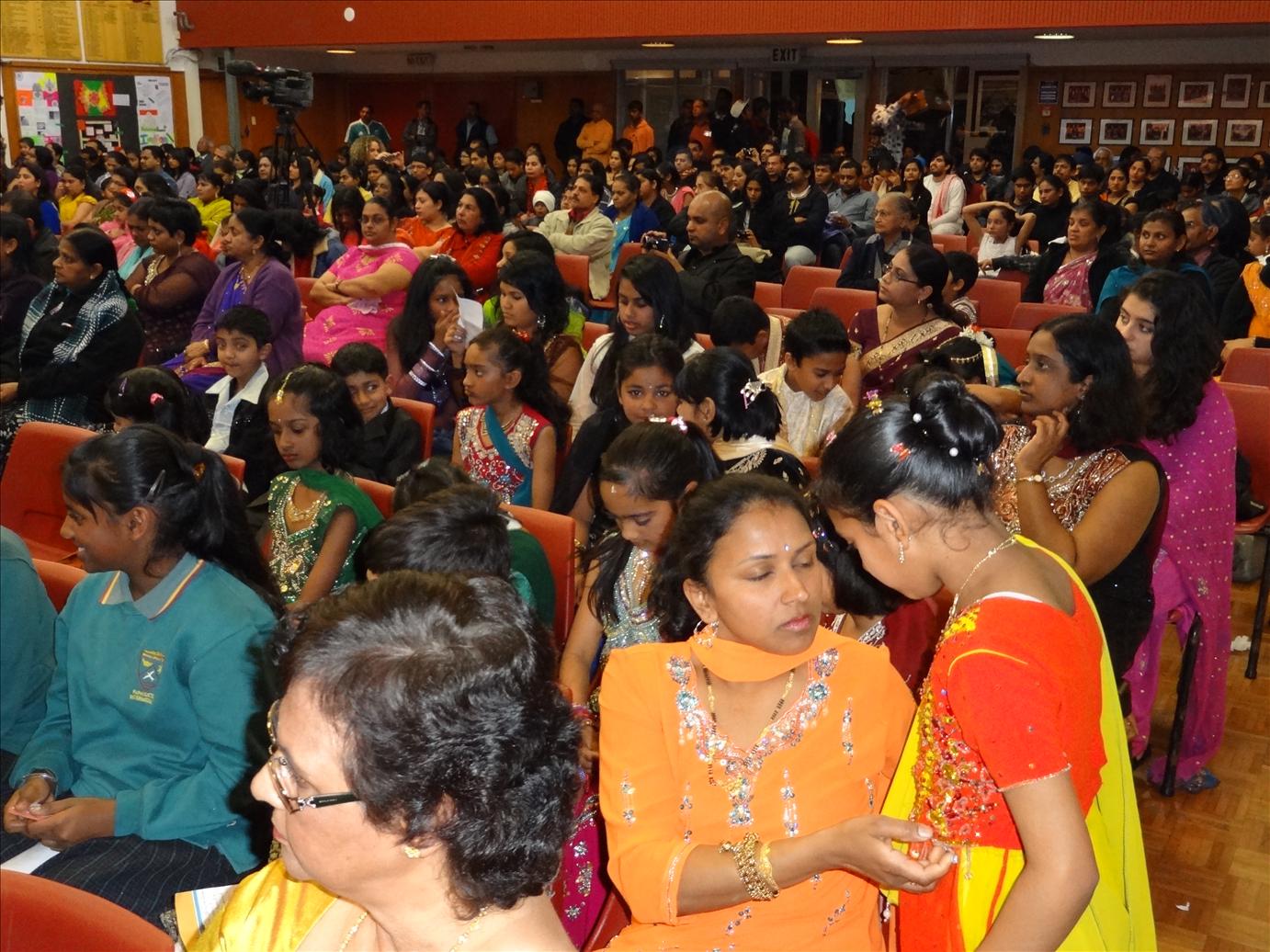 A group of parents and community leaders has called for inclusion of Hindi in the New Zealand curriculum and its promotion as a second language in schools.
A group of parents and community leaders has called for inclusion of Hindi in the New Zealand curriculum and its promotion as a second language in schools.
The Hindi Language & Culture Trust of New Zealand is preparing a document for the consideration of the Education ministry, the New Zealand Qualifications Authority (NZQA) and other government agencies.
Trust President Satya Dutt said that Maori, Cook Islands, Samoan, Tongan, Tokelauan, French, Spanish and German were a part of the school curriculum in New Zealand, where as Hindi remained outside the scope of teaching and learning in the education system.
“We have not impressed upon the NZQA of the need to teach Hindi in our schools. It is time to make the call and appeal to the authorities to make Hindi a part of the curriculum,” he said, speaking at the ‘Hindi Diwas’ (Hindi Day) celebrations at the Papatoetoe High School in South Auckland on September 17.
The event, held under the theme ‘Hindi Hamari Pahechaan (Hindi is our Identity) is expected to gain momentum.
Mr Dutt said New Zealand accounted for about 104,000 people of Indian origin, not all of who could understand or speak Hindi.
“Although Hindi is the second largest spoken language in the world, millions of people of Indian descent in Ghana, Mauritius, South Africa and Trinidad & Tobago are unable to read to write in Hindi. We cannot blame our parents and ancestors for not doing enough to preserve our language because they lived under extreme conditions,” he said.
Mr Dutt said the Trust aimed to facilitate development of Hindi curriculum document to make provisions of teaching Hindi in New Zealand schools.
“The core focus of the celebration is to make an impact and create awareness among our communities on the importance of the language.
Mr Dutt commended the Principal and Board of Trustees of the Papatoetoe High School for their initiative in offering Hindi as a second language to Year 9 and Year 10 students of the School.
He quoted Principal Peter Gall as saying that second language enhanced the academic performance of students.
“During his travel around the world, Mr Gall discovered that schools in many countries offered a second language. He therefore initiated the process in his School, which will benefit students,” Mr Dutt said.
As a part of ‘Hindi Diwas,’ the Trust conducted a workshop, which included more than 60 participants representing a cross-section of the society and different professions.
“The participants decided to mark a weeklong celebration next year, highlighting the importance of learning and teaching Hindi and promoting it as an important language of communication,” Mr Dutt said.
Opposition Leader Phil Goff was the Chief Guest at the event.
Among the other guests were ACT Party Leader Dr Don Brash, New Zealand First Leader Winston Peters, Members of Parliament Keith Locke (Green Party), Dr Jackie Blue, Kanwaljit Singh Bakshi (National), Dr Rajen Prasad (Labour) and Pakuranga Constituency Labour Candidate Sunny Kaushal.
Officials of community organisations, Hindi language teachers and cultural groups were also present at the meeting.
The Hamilton initiative
A group of enthusiasts in Hamilton made a similar appeal at their ‘Hindi Day’ celebration held on September 23.
As well as commencing Hindi language classes for adults and children in the Waikato region, the Group decided to train parents and caregivers to raise children adept in a second language.
The programme included a symposium on the ‘Future of Hindi in New Zealand: Opportunities and Challenges.’
Among the speakers were Dr Rachna Kumar, Dr Pushpa Bharadwaj Wood, Satya Duggal, Todd Narcowitz, Taqui Mehdi, Thakore Patel, Hari Sahay, Vijay Pal Singh and Sadaf Naved.
Devotees of Sai Baba emphasised the role of religion in promoting a language, while Savita Khattar and others sang bhajans.
The group resolved to promote in due course other Indian languages including Gujarati, Marathi, Punjabi and Urdu.






